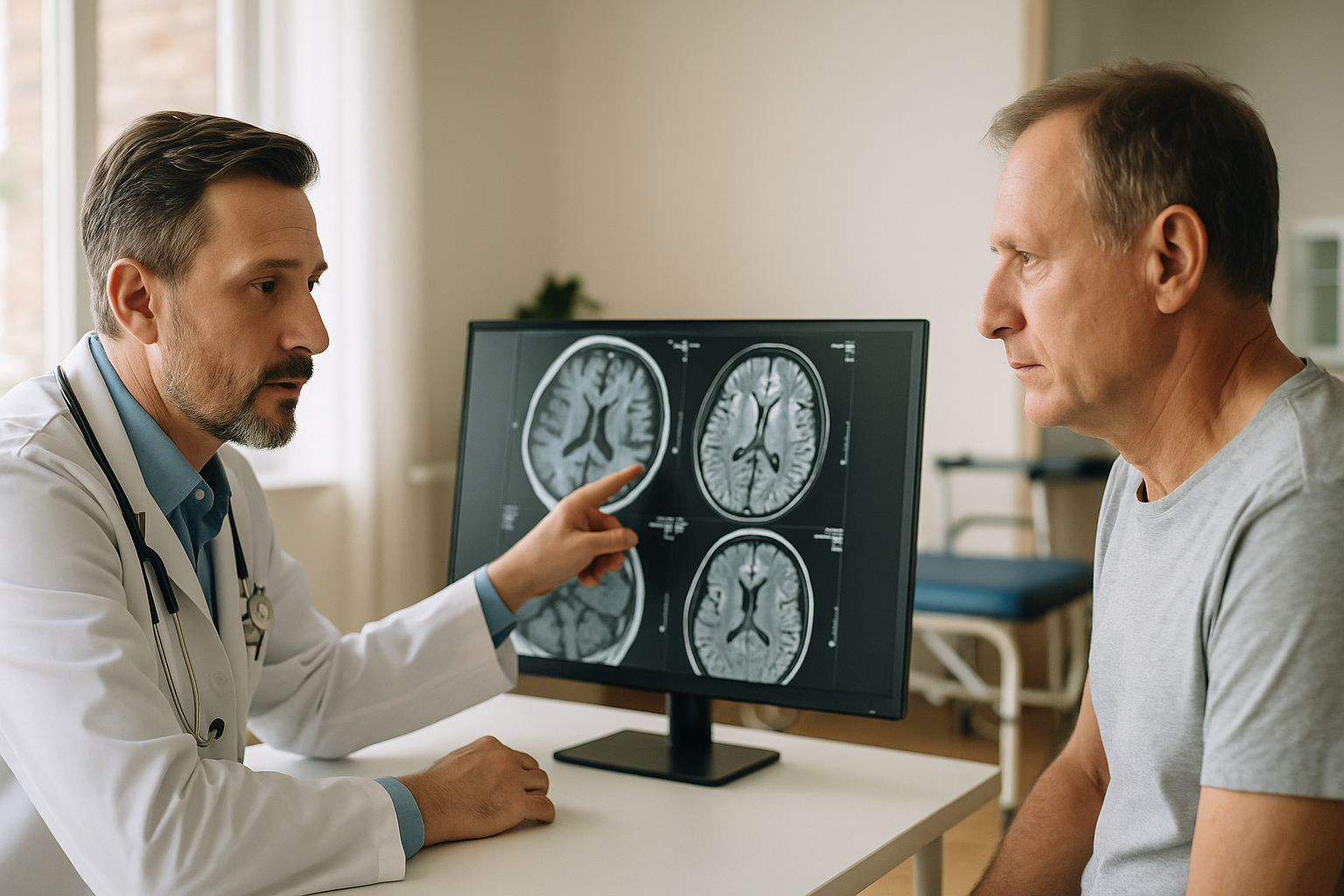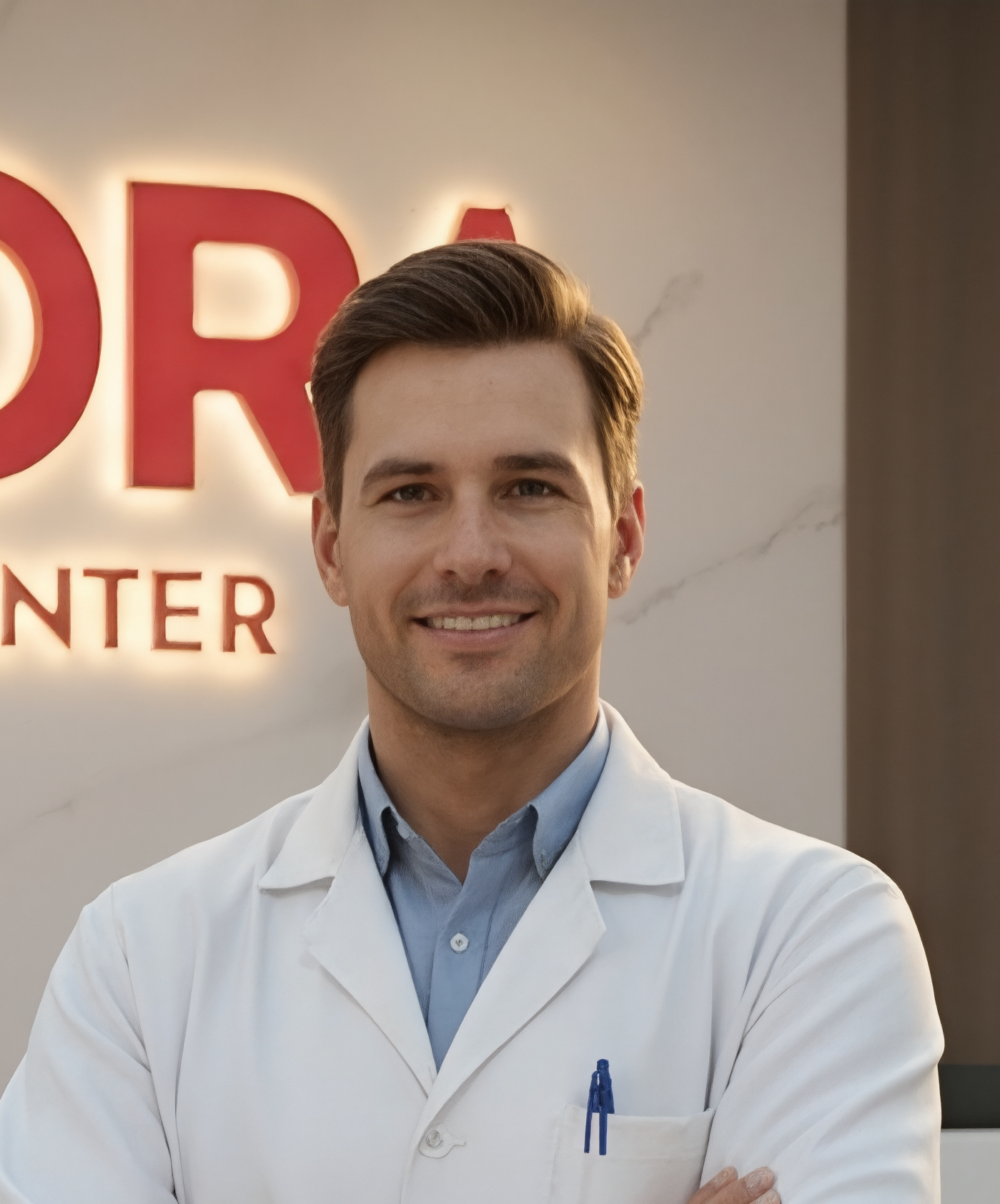Migraines are not just “bad headaches.” They are a complex neurological condition that can disrupt vision, concentration, and even speech. Research shows that migraines occur when the brain becomes hypersensitive to stimuli—light, sound, or stress—and triggers a cascade of events that lead to pain and discomfort.
For many patients, managing migraines is about more than medication. Lifestyle adjustments, stress reduction, and identifying triggers can significantly reduce the frequency and severity of attacks.
“The key to migraine management is understanding your own brain’s thresholds.”
Modern treatments now include new classes of drugs that target specific brain receptors involved in migraines, offering relief without some of the side effects of older medications. Combined with non-drug approaches like biofeedback and relaxation training, patients can take back control of their daily lives.
Common Triggers
1) Stress and lack of sleep: These are the most frequent triggers and often act together.
2) Food and drink: Caffeine, alcohol, and certain additives can set off migraines in sensitive individuals.
3) Sensory overload: Bright lights, loud sounds, or strong smells may tip the balance in a hypersensitive brain.
When to Seek Professional Care
If migraines occur frequently (more than 4 times per month) or severely impact your quality of life, it is important to seek neurological evaluation. Early and tailored treatment can prevent progression and improve long-term outcomes.


